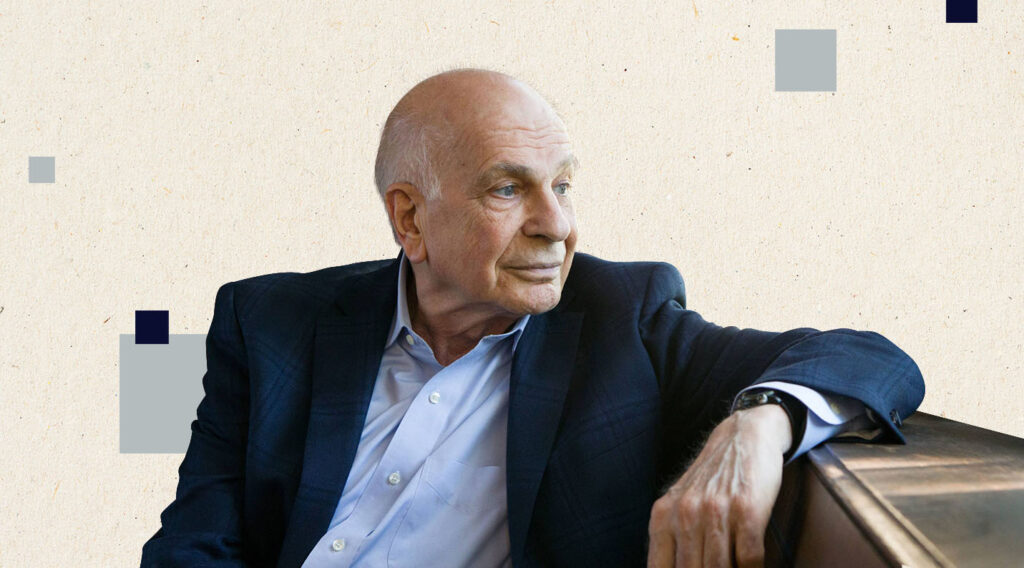Remembering Daniel Kahneman: A Mosaic of Memories and Lessons
A collection of memories and lessons from Daniel Kahneman’s close collaborators and colleagues. Learn more about Kahneman the thinker, the coauthor, the emailer, as well as Kahneman the partner, mentor, and friend.










